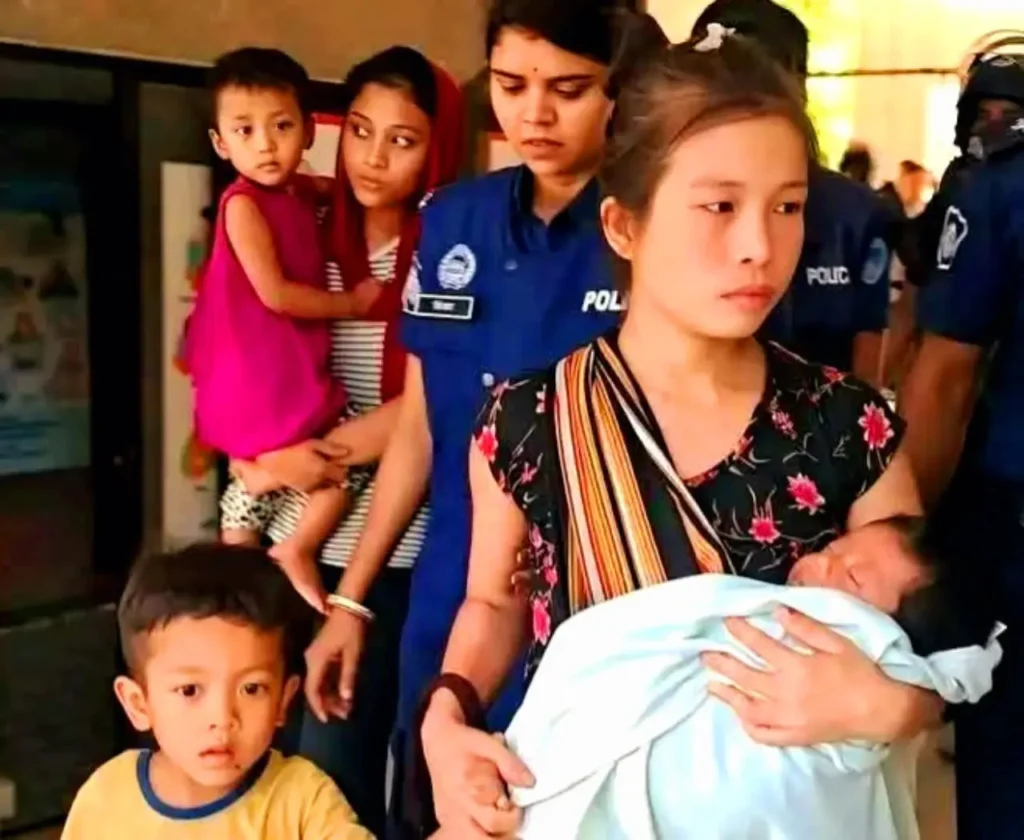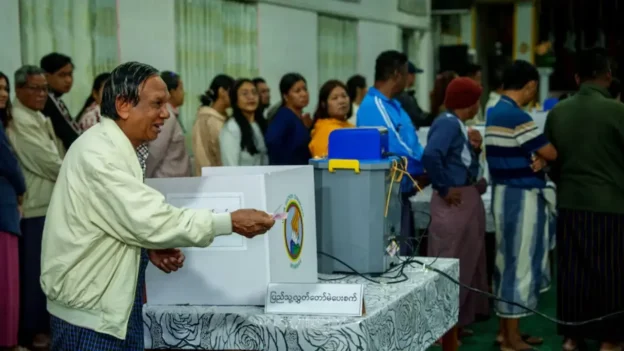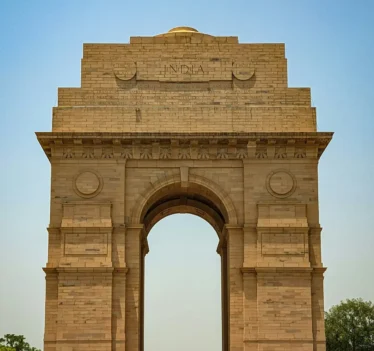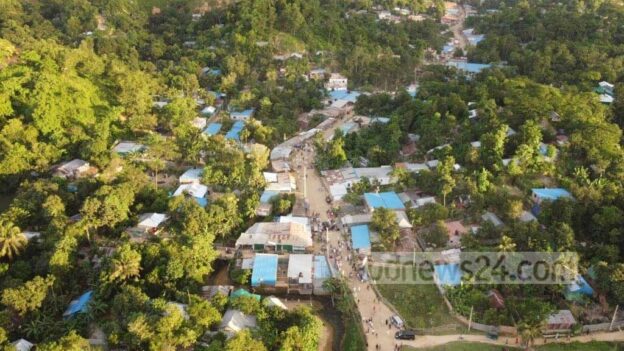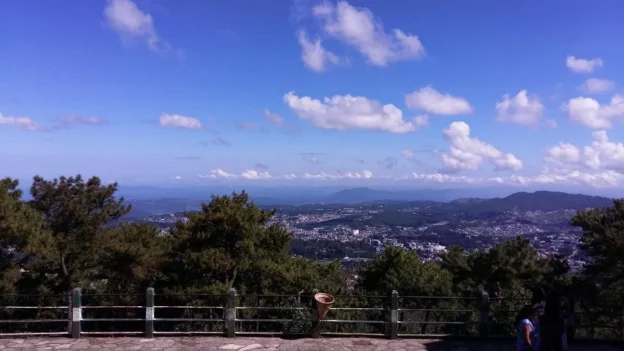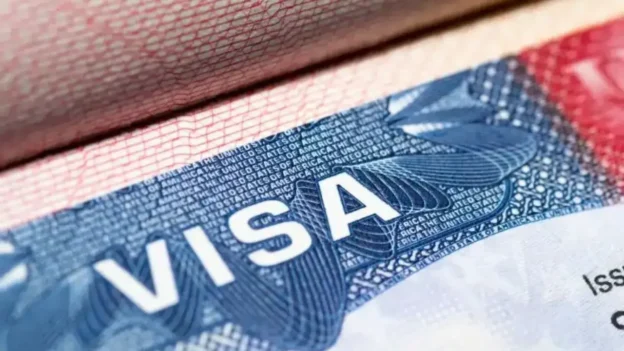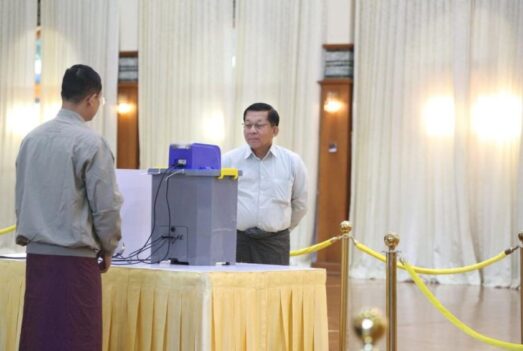In the remote highlands of the Chittagong Hill Tracts (CHT),Bangladesh a grave and largely ignored human tragedy is unfolding.
The Bawm community—an indigenous Christian ethnic minority of just over 12,000 people—stands at the precipice of cultural annihilation.
For more than two years, this community has faced relentless state-sponsored persecution: mass arrests, enforced disappearances, forced displacement, restrictions on livelihood, and custodial deaths.
What is transpiring in the hills is not mere collateral damage in a counter-insurgency campaign.
It is an orchestrated attempt to extinguish an entire people—physically, culturally, and spiritually.
The persecution of the Bawm has intensified into a dire humanitarian crisis.
Since 2022, over half their population has been displaced.
Between 3,500 and 4,000 Bawm individuals have fled to neighboring India and Myanmar, where they now endure inhumane conditions in refugee camps, without status or protection.
For those who remain in the CHT, daily life is marked by fear, famine, and systematic repression.
Restrictions on trade, movement, and access to farmland have devastated their means of survival, plunging entire villages into starvation.
Even more appalling is the state’s mass incarceration of innocent Bawm civilians.
In April 2024, during a sweeping security operation in the Ruma and Rowangchhari upazilas of Bandarban district, at least 126 Bawm individuals—including 30 women and three children as young as one—were arbitrarily arrested without warrants or substantiated evidence.
They have since been held in prolonged pre-trial detention, deprived of due process and legal representation.
Their only crime, it appears, is their ethnicity.
Among those detained was Lal Tleng Kim Bawm, a 29-year-old man from Bethel Para in Ruma, who died in prison custody under mysterious and deeply suspicious circumstances.
His death has sparked outrage among human rights defenders, yet the state remains unmoved.
No inquiry has been initiated. No officials have been held accountable. His life—like the lives of so many others—was discarded without consequence.
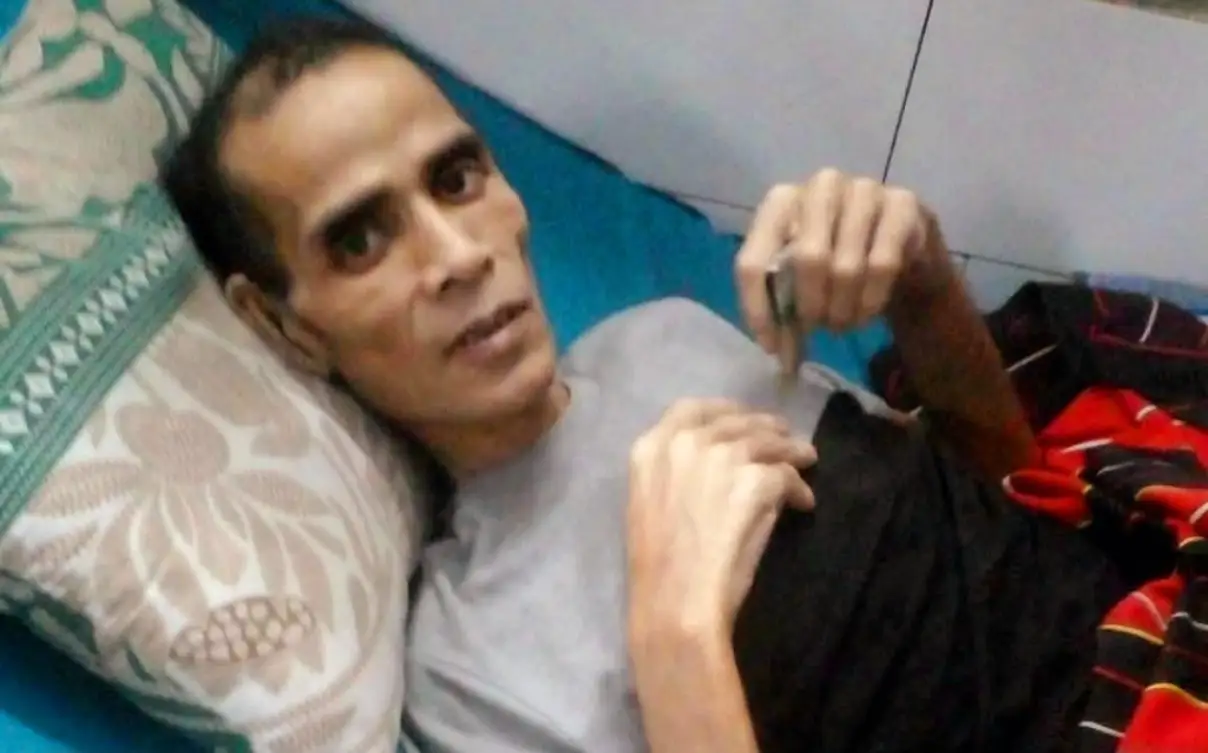
Another detainee, Sangmoy Bawm, aged 55, is now fighting for his life in a “prisoner-patient” ward at Chittagong Medical College Hospital.
Suffering from what appears to be advanced gastrointestinal illness, possibly cancer, he is unable to eat without vomiting and is rapidly deteriorating.
Medical neglect, compounded by institutional indifference, has condemned him to a slow and silent death.
It is likely he will never return home. What kind of civilized nation allows such calculated cruelty to unfold behind bars?
This is not a standalone incident of misconduct—it reflects a deeper crisis: the erosion of the 1997 Chittagong Hill Tracts Peace Accord and the expanding impunity of Bangladesh’s security forces in the region.
Signed after decades of armed conflict between the state and Indigenous communities, the Peace Accord was hailed as a landmark achievement.
It promised to demilitarize the region, recognize Indigenous land rights, and devolve administrative authority to locally elected Hill District Councils.
It garnered international acclaim, earning endorsements from the United Nations, the European Union, and democratic states across the globe.
Yet, twenty-seven years later, the promises enshrined in that agreement remain largely unfulfilled.
Far from withdrawing, the military has deepened its occupation of the CHT.
Instead of devolving power, the central government has tightened its grip. Instead of protecting indigenous rights, it has allowed settlers—often backed by the military—to seize Indigenous lands with impunity.
What has emerged is a dual system of governance: one that maintains democratic norms for the majority population elsewhere in the country, and another—marked by surveillance, dispossession, and repression—for the Indigenous peoples of the CHT.
This two-tiered system is antithetical to the principles of constitutional equality and exposes the deep fault lines in Bangladesh’s claim to democracy.
At the center of this escalating crisis is the Kuki-Chin National Front (KNF), a fringe armed group that has conveniently become a pretext for state-sanctioned violence.
Local indigenous leaders contend that the rise of the Kuki-Chin National Front (KNF) was neither spontaneous nor autonomous—it was deliberately enabled, perhaps even covertly orchestrated, by actors within the state as part of a long standing ‘divide and rule’ strategy to fracture indigenous unity and undermine the peace process.
By fueling divisions among indigenous communities and constructing an exaggerated insurgent threat, state actors have created a convenient rationale to intensify militarization and silence legitimate demands for autonomy.
The Bawm, many of whom share ethnic ties with KNF members but not ideological alignment, are now being collectively punished for a rebellion they did not initiate.
This represents collective punishment on a catastrophic scale. The state’s approach seems rooted in ruthless suppression: unable to subdue the KNF, it seeks to annihilate the Bawm community instead.
Bangladesh’s security forces, long a dominant force in national politics, have now become de facto rulers in the CHT.
Their influence extends not only over defense and security but over land administration, local governance, and even civil society.
Indigenous people live under constant surveillance, with their rights suspended in the name of national security.
The consequences of this militarized rule are devastating. Indigenous communities are being pushed to the margins—culturally, economically, and physically.
Their languages, traditions, and spiritual practices are under siege. Their lands are being taken. Their leaders are being silenced. Their youth are being imprisoned or driven into exile.
The silence from democratic allies, global human rights organizations, and UN agencies is deafening.
Bangladesh can no longer claim democratic integrity while systematically oppressing its Indigenous communities behind closed doors.
To begin reversing this spiraling crisis of state-sponsored persecution, the Government of Bangladesh must immediately and unconditionally release all arbitrarily detained Bawm civilians, including women, children, and the elderly, who remain imprisoned without due process or credible charges.
An independent, transparent, and impartial investigation must be launched into the custodial death of Lal Tleng Kim Bawm and the deteriorating condition of Sangmoy Bawm, ensuring full accountability for any abuse, negligence, or misconduct.
Urgent medical intervention must be provided for all ailing detainees, with care overseen by international humanitarian agencies to guarantee their safety, dignity, and survival.
Furthermore, the government must initiate a thorough investigation into the creation, arming, and alleged state sponsorship of the Kuki-Chin National Front (KNF), exposing those responsible and holding them to account under national and international law.
Source : The Chittagong Hill Tracts

